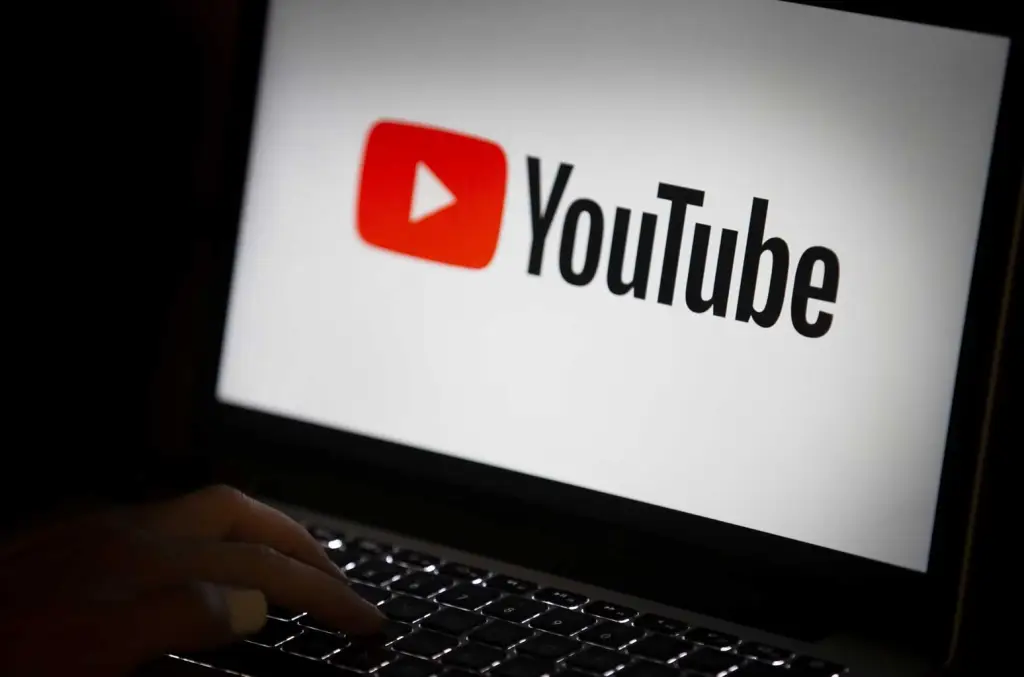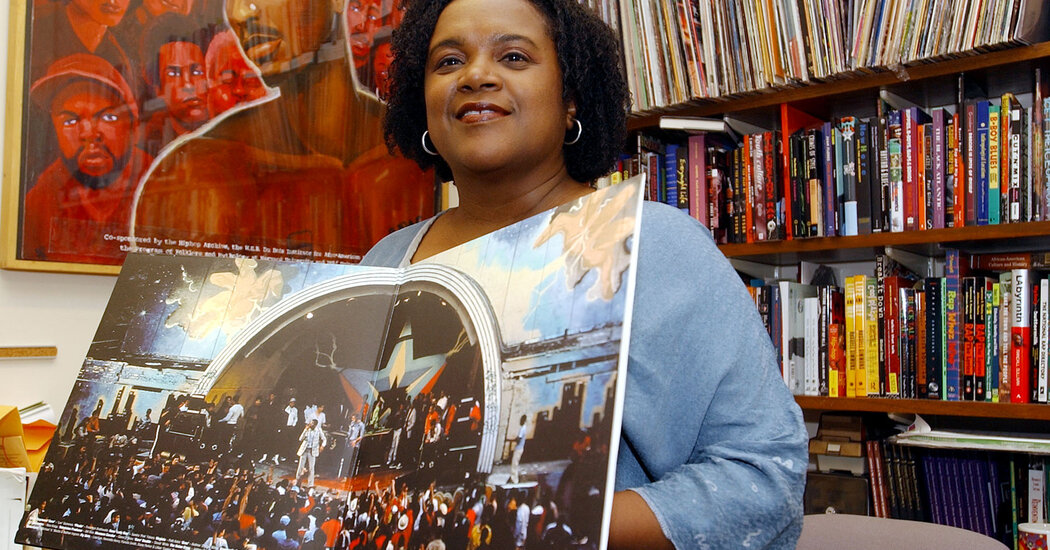Copyright Billboard

Echoing disagreements between YouTube and music rights holders, Alphabet-owned YouTube TV is currently in fraught negotiations with Disney over the amounts the pay TV streaming platform is willing to pay for the company’s TV channels, which were pulled from YouTube TV on Oct. 30 after the two sides failed to agree on the terms of a licensing renewal. The fracas is part of a larger pattern, artist manager and businessman Irving Azoff wrote in a Nov. 5 op-ed at Billboard. Azoff, a longtime YouTube critic, called the company “a behemoth bully” that uses its vast market power to coerce content owners. “The playbook is always the same: if you refuse to accept YouTube’s below-market terms, YouTube threatens to go dark until you capitulate.” Similar disagreements have plagued the music industry’s relationship with YouTube over the decades. (YouTube TV is run separately from YouTube, which generates most of its income from advertising.) Most notably, Warner Music Group pulled its catalog off YouTube in 2008 after licensing negotiations broke down. Over the years, rights owners have frequently — and publicly — complained about YouTube’s relatively low royalty payouts and a business model that allows for user-generated content that often includes copyright-protected music. The pay TV dispute pits one of the world’s largest tech companies against the owner of some of America’s most popular TV channels. Disney owns more than 20 TV channels that span sports (ESPN, ACC Network, SEC Network), entertainment (FX, Freeform, Localish), family (Disney Channel), National Geographic and ABC and its local affiliates. Disney CEO Bob Iger has called these broadcast TV brands an “asset” that operate alongside its growing streaming platforms, Disney+ and Hulu. News reports say that Disney offered YouTube TV terms commensurate with its latest deals with the largest pay TV providers, Comcast and Charter, while YouTube insists it has “been working in good faith” on a deal “that pays them fairly” for their content. However, Disney has cited YouTube TV’s “repeated refusal to negotiate in good faith” and demand for preferential treatment. Disputes over carriage — the agreements in which a multi-channel video distributor includes a TV network’s channels — are not uncommon. YouTube also removed Televisa/Univision channels in October and narrowly averted a blackout with Fox in August. As for Disney, carriage disputes caused its channels to briefly go missing from DirecTV in 2024, Charter in 2023 and Dish in 2022. But the Disney-YouTube battle isn’t a battle of equals — or close to it. A relative newcomer to the pay TV business, eight-year-old YouTube TV is the fourth-largest pay TV provider in the U.S. with nearly 10 million subscribers. But YouTube TV is a small fraction of parent company Alphabet’s total business. At $83 per month and 10 million subscribers, YouTube TV generated $7.4 billion in the first nine months of 2025 — just 2.6% of parent company Alphabet’s $289 billion of revenue in that period. For Disney, the loss of carriage fees works out to approximately $2 billion annually, or 2% of Disney’s revenues, Lightshed Partners’ Rich Greenfield told CNBC on Monday (Nov. 3). That weighs more heavily on Disney, which generated $72 billion of revenue in the first nine months of its fiscal year (the company releases fiscal year results on Nov. 13), than YouTube TV. “When Charter loses ESPN, everybody goes, ‘How can Charter survive?’,” said Greenfield. “There’s not one investor going, ‘God, is Google going to survive this?’” Failing to reach a resolution could drive consumers to find Disney programming elsewhere. Consumers can access Disney or any other TV content in numerous places. Desired sports content such as Monday Night Football is available through ESPN Unlimited for $29.99 per month or $299.99 per year. Bundling ESPN Unlimited with Hulu — wholly owned by Disney — and Disney+ offers sports and a wider variety of programming that costs $29.99 per month with ads or $38.99 per month without ads.



